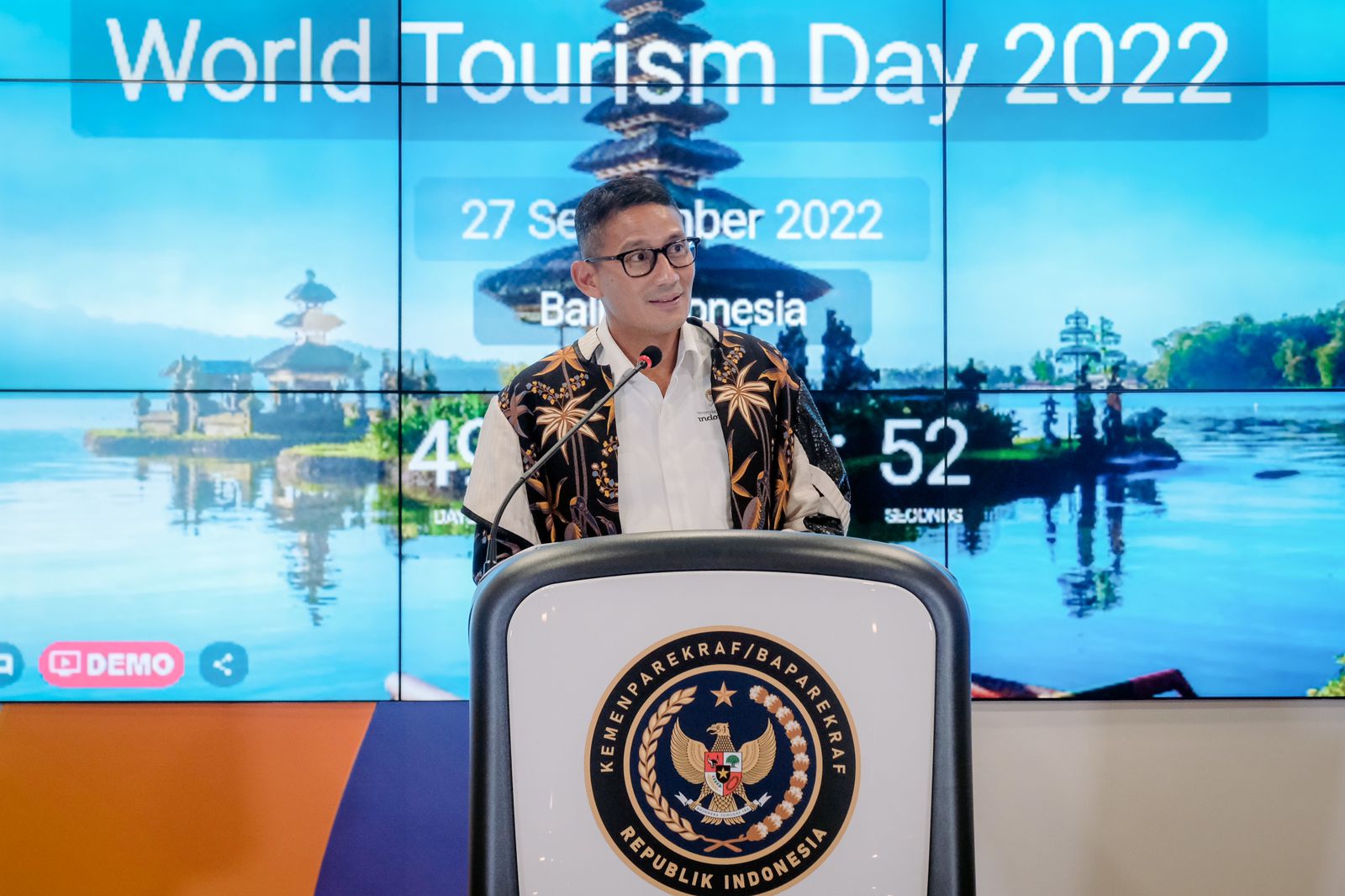
Rethinking Tourism: Navigating Towards Sustainable Travel
The Current State of Tourism
In recent years, tourism has undergone significant growth, with more people than ever before venturing out to explore new destinations and cultures. While this surge in travel brings numerous benefits, it also raises concerns about its impact on the environment, local communities, and cultural heritage. As we celebrate World Tourism Day, it’s crucial to reflect on the current state of tourism and consider how we can make it more sustainable for future generations.
Challenges and Opportunities
One of the primary challenges facing the tourism industry is the negative environmental impact associated with mass tourism. From carbon emissions from air travel to pollution and waste generated by tourists, the ecological footprint of travel is undeniable. However, amidst these challenges lie opportunities for innovation and change. Sustainable tourism practices, such as eco-friendly accommodations, carbon offset programs, and responsible wildlife tourism, offer promising solutions to mitigate these environmental impacts.
Community Engagement and Empowerment
Beyond environmental concerns, tourism also has social implications, particularly for local communities in popular tourist destinations. Overtourism can lead to overcrowding, cultural commodification, and economic disparities. To address these issues, community engagement and empowerment are essential. By involving local communities in tourism decision-making processes, supporting small-scale enterprises, and promoting cultural exchange, we can ensure that tourism benefits everyone involved, not just large corporations.
Preserving Cultural Heritage
Cultural heritage is a significant aspect of tourism, attracting travelers eager to experience the rich history, traditions, and customs of different regions. However, the commodification and commercialization of cultural heritage pose threats to its preservation. To safeguard cultural heritage, it’s crucial to promote responsible tourism practices that respect local customs and traditions. This may involve implementing visitor management strategies, supporting cultural preservation initiatives, and fostering meaningful interactions between tourists and local communities.
Education and Awareness
Central to rethinking tourism is education and awareness. Many travelers may not fully understand the impact of their actions or the importance of sustainable travel practices. Therefore, raising awareness about the environmental, social, and cultural dimensions of tourism is paramount. This can be achieved through educational campaigns, community outreach programs, and sustainability certifications for tourism businesses. By empowering travelers with knowledge, we can inspire them to make more informed and responsible choices while exploring the world.
Government Policies and Regulations
While individual actions play a crucial role in promoting sustainable tourism, government policies and regulations are equally important. Governments have the power to enact laws and policies that incentivize sustainable practices, protect natural and cultural resources, and regulate tourism activities. This may include implementing visitor quotas in sensitive areas, enforcing environmental protection measures, and investing in infrastructure for sustainable tourism development. By working in collaboration with the tourism industry and local communities, governments can create a framework for responsible and sustainable tourism growth.
Collaboration and Partnership
Lastly, collaboration and partnership are essential for driving meaningful change in the tourism industry. Sustainable tourism requires collective effort from various stakeholders, including governments, businesses, NGOs, academia, and local communities. By fostering partnerships and sharing best practices, we can leverage the collective expertise and resources to address the complex challenges facing tourism. Together, we can create a more sustainable and inclusive tourism industry that benefits both people and the planet.
Conclusion
As we celebrate World Tourism Day and reflect on the theme of “Rethinking Tourism,” it’s evident that the future of travel lies in sustainability, community empowerment, and cultural preservation. By addressing the environmental, social, and economic dimensions of tourism, we can create a more resilient and responsible tourism industry that enriches lives and protects our planet for generations to come. Through collective action and shared commitment, we can navigate towards a future where tourism truly becomes a force for good. Read more about world tourism day rethinking tourism
